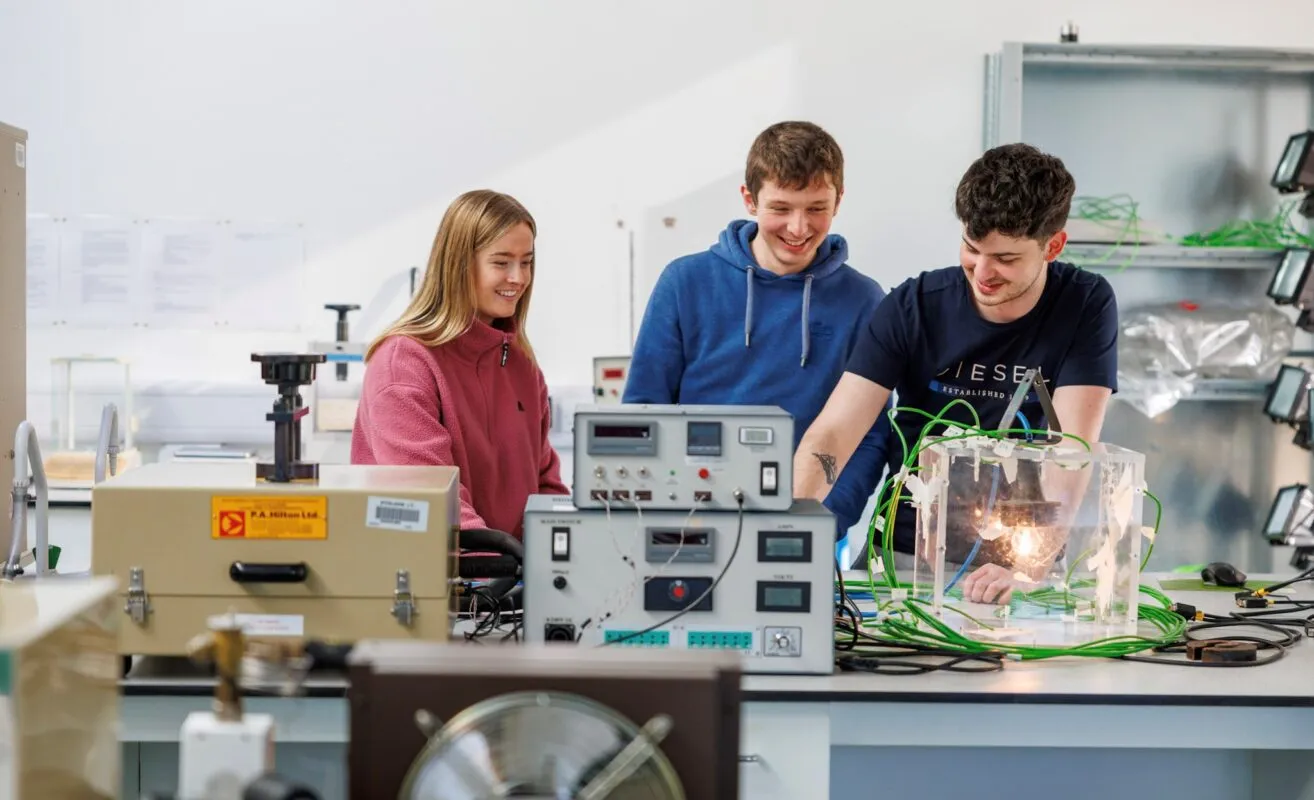Entry Requirments
Entry to the programme is restricted to holders of an appropriate Level 7 degree such as a Bachelor of Engineering in Mechanical Engineering or Bachelor of Engineering in Mechanical Engineering with Energy or a degree in any relevant engineering discipline or an equivalent Level 7.
International Applicants
International applicants should apply directly to the International Office at TUS, allowing plenty of time for completing the visa process. Applications for September start should be made by 1st June at the latest to ensure visas are processed in time. You should familiarise yourself with visa processing times for your country of origin to ensure you make a timely application. Find out more here.


